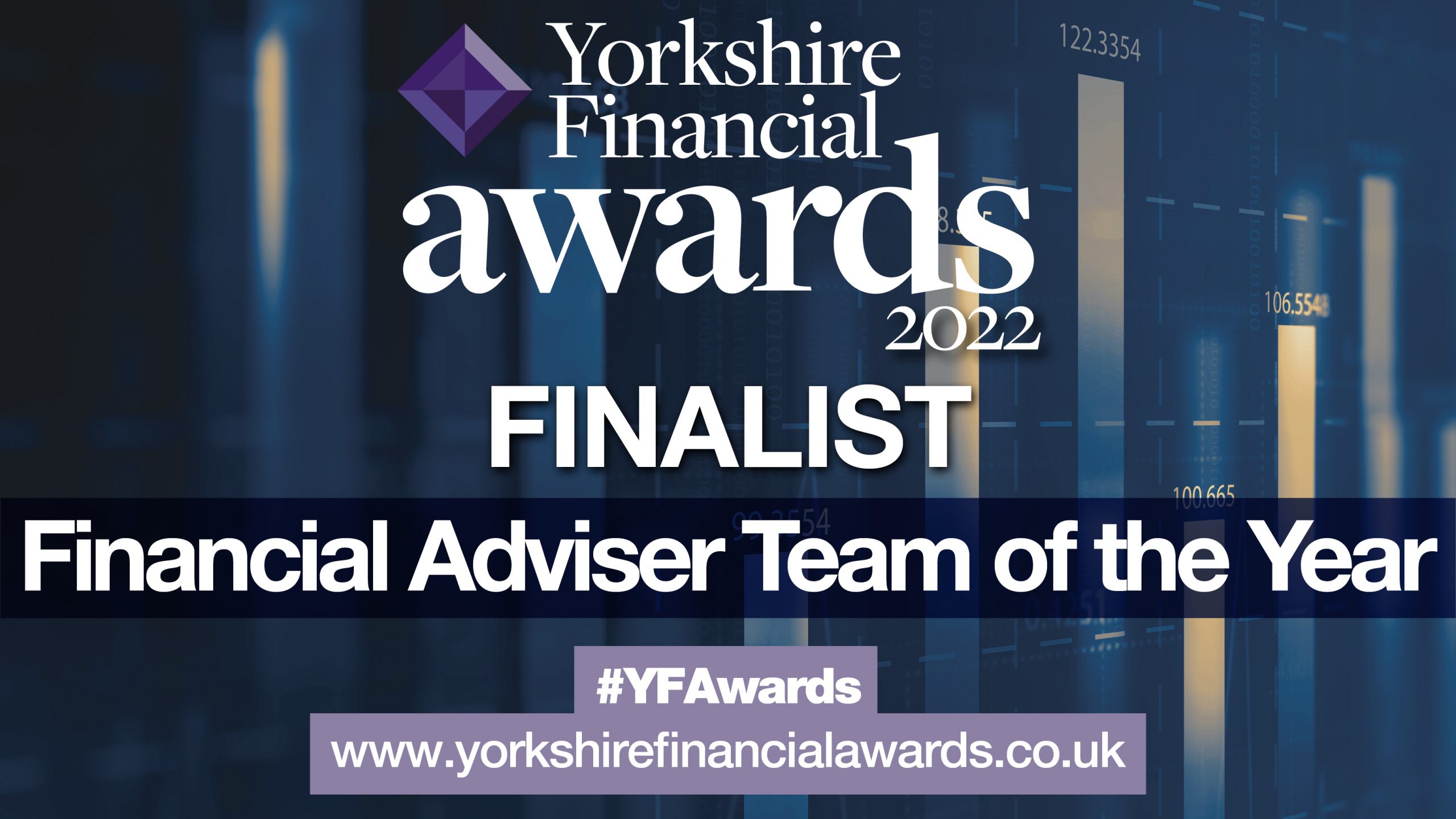Back in June, astronauts Suni Williams and Butch Wilmore took part in a NASA mission to the International Space Station. Problems soon arose – in the form of helium leaks and propulsion issues – turning an eight-day trip into an eight-month stay!
It’s a more familiar problem than you might think, experienced by astronauts, mountain climbers, and pensioners alike. Sometimes, reaching your destination is the easy part. It’s what happens next that really counts.
At the Pension Planner, we can’t navigate you back down a mountain, or plan your return to Earth, but we can help you manage your pension decumulation. That is, how you spend and manage your retirement fund without running out of money when you need it most.
Here are five must-know tips to factor in now.
1. Your pension isn’t your emergency fund
During the long accumulation phase of pension saving, you’ll understand the importance of having an emergency fund. As with NASA missions, the unexpected can strike at any time, so having rainy day money set aside is vital.
Between three to six months of household expenditure should help to tide you over. But don’t neglect this fund once you start receiving your pension.
The money in your retirement fund is designed to provide you with the lifestyle you choose throughout the whole of your retirement, so dipping into it when an emergency strikes could have serious ramifications later on.
Check in with your emergency fund regularly to ensure it’s still fit for purpose. You might even find you want to add to it during retirement. Be sure not to hold too much or too little and remember that external factors like inflation and interest rates can affect the value of your fund, so factor this in too.
2. Take tax-free cash, but only if you plan to use it
Under current rules, you’re usually entitled to 25% of your defined contribution retirement fund as tax-free cash when you retire. This could be a significant amount and the opportunity to access it tax-free shouldn’t be taken lightly.
But that doesn’t mean you should take it as quickly as possible and at all costs.
If you have plans for one-off big-ticket expenditures at the start of your retirement – house renovations says, or world travel – tax-free cash might be perfect. Just be sure to plan what you will do with the money in advance and take out only what you need.
The tax-free cash you don’t spend will likely sit in your cash savings account and could attract only a meagre rate of interest. Changes to inflation could even see the money lose real-terms value over time.
Think carefully about when you might need a cash injection most and try to plan tax-free cash withdrawals accordingly.
3. Think about an income for life
Managing tax-free cash and flexible income like drawdown might be much easier if you have a guaranteed income stream too.
Annuity rates suffered when Pension Freedoms were introduced in 2015, but they have been generally recovering ever since. In fact, Legal & General confirmed back in September 2024 that rates have risen 14% in the last two years.
A guaranteed income for life makes budgeting for known and fixed expenses much easier. You choose the frequency of payments and any additional benefits like tax-free cash, guaranteed payment periods and spouse’s pensions. Be aware, though, that these benefits affect the level of initial income you receive.
Once your annuity is in payment, it will pay for life. This might leave you free to take flexible income elsewhere, to cover luxuries and one-off expenses.
4. Make tax-efficient use of non-pension income
Not all of your retirement income will come from pensions. You might have rent from buy-to-let properties or investments in an ISA.
ISAs are incredibly tax-efficient so making the most of these could provide an invaluable source of money in retirement.
The gains you make in a Stocks and Shares ISA are free of Income Tax and Capital Gains Tax, and you’ll have the opportunity for investment growth. We can help you understand your goals and the time frame of your investment, as well as your risk profile, so get in touch now.
5. Factor in your legacy without neglecting the possibility of later-life care costs
As well as living the lifestyle you want for the whole of your retirement, you’ll also need to think about the legacy you intend to leave. That means ensuring your estate is managed tax-efficiently to mitigate any large Inheritance Tax (IHT) liability and that your money goes where you want it to.
Money held in unused pension funds is currently partially protected from IHT and can be passed to beneficiaries tax-free in some cases. You might opt to use ISA funds during retirement specifically to leave a pension plan untouched.
Equally, you might plan to use an ISA or pension to fund later-life care, should the necessity arise.
Estate planning isn’t easy. With so many moving parts and scenarios to consider, expert advice can be incredibly powerful and that’s why we’re here.
Get in touch
If you need help keeping your feet on the ground, we can help you manage your pension decumulation so get in touch now. Email info@thepensionplanner.co.uk or call 0800 0787 182.
Please note:
This article is for general information only and does not constitute advice. The information is aimed at retail clients only.
A pension is a long-term investment. The fund value may fluctuate and can go down, which would have an impact on the level of pension benefits available. Your pension income could also be affected by the interest rates at the time you take your benefits.
The Financial Conduct Authority does not regulate estate planning.








 Production
Production
